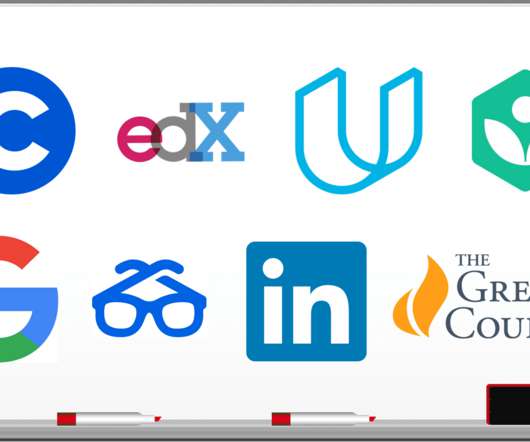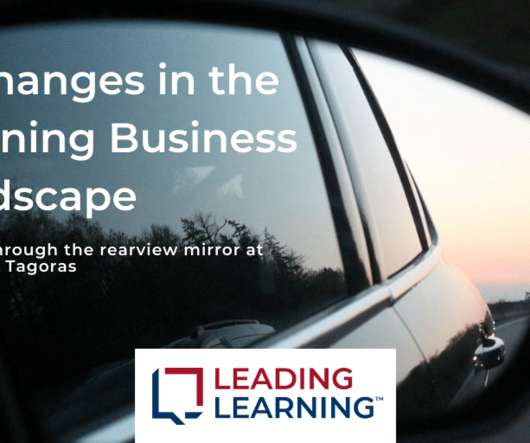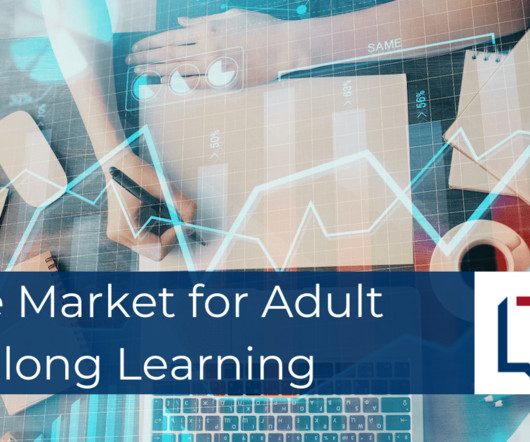10 Secrets of Online Course Design from Award-Winning MOOCs
WBT Systems
JULY 18, 2017
An online Coursera course, Modern American Poetry , aka ModPo, is one of the 50 most popular MOOCs of all time. Typically, a MOOC features a course syllabus, in this case, a ten-week lesson plan with assigned reading (poems), instructor-created video content, discussion forum, peer-reviewed writing assignments, and quizzes.




































Let's personalize your content